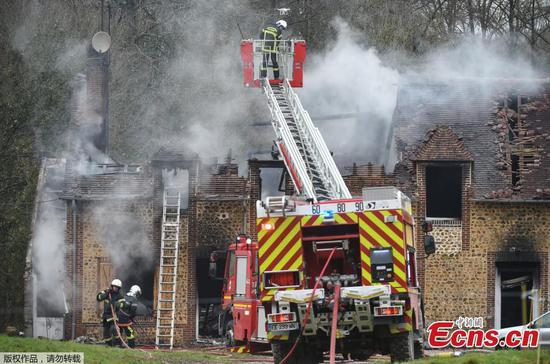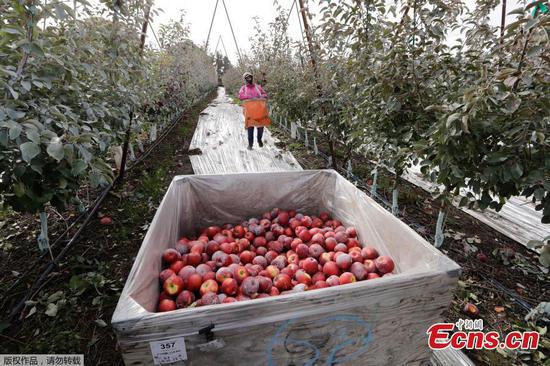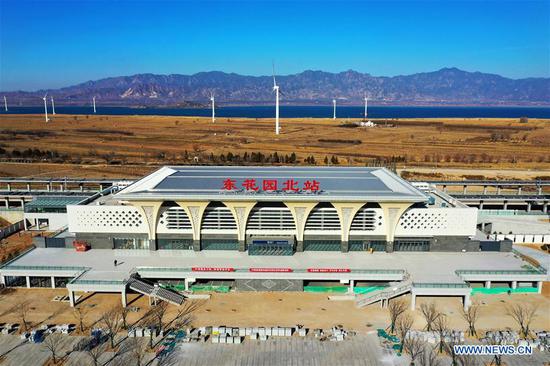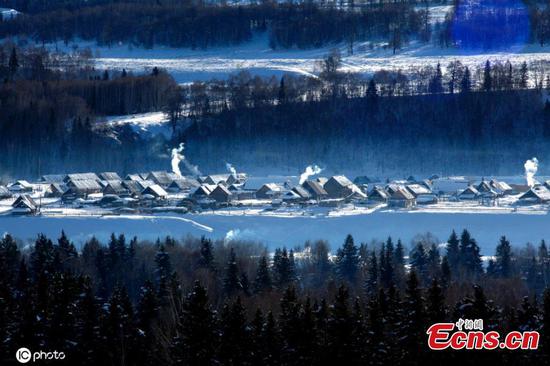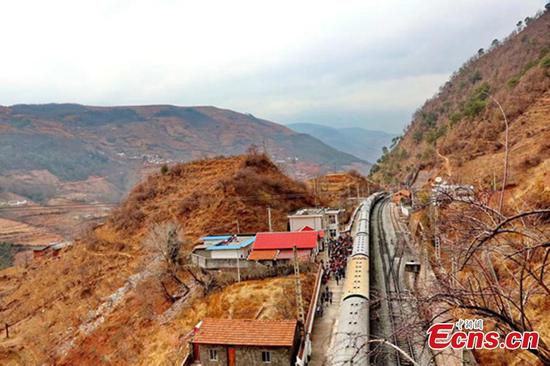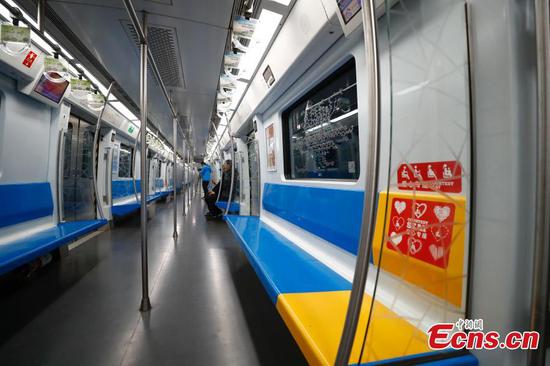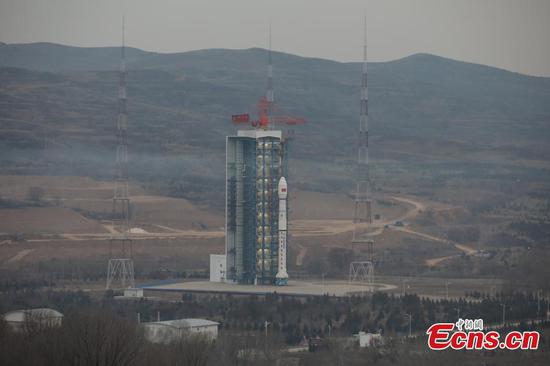
The Hong Kong-Zhuhai-Macao Bridge promotes the development of the Greater Bay Area. (Photo by Wang Shanglin/For China Daily)
Competition for employment is fierce, especially in Shenzhen, Guangzhou
The economic vitality and sound infrastructure of the Guangdong-Hong Kong-Macao Greater Bay Area is helping it attract more talent and become one of China's strongest talent banks.
In the third quarter of this year, the Bay Area gained 1.3 percent more talent than it lost, up from 1.24 percent in the same period last year, according to a report released recently by Zhaopin, an online recruitment platform in Beijing.
The quality of talent in the Bay Area also improved in the third quarter, with 55.93 percent of the work force having a bachelor's degree or higher, up from 54.48 percent last year. The level of work experience also rose, up by 1.81 percentage points year-on-year.
Shenzhen and Guangzhou, both in Guangdong province, were the most popular Bay Area cities among job seekers, attracting nearly 71 percent of the flow of talent in the third quarter, the report said.
Higher salaries may be one of the Bay Area's main attractions for job seekers.
The report said the average monthly salary in the area in the third quarter was 9,344 yuan ($1,330)-up 6.63 percent year-on-year-and above the national average of 8,698 yuan.
Hong Kong had the highest average monthly salary in the Bay Area in the third quarter at 21,017 yuan, with Macao second at 14,038 yuan. Shenzhen, at 10,320 yuan, and Guangzhou, 9,115 yuan, offered the highest monthly salaries among mainland cities in the Bay Area.
The influx of talent has, however, intensified the competition for jobs, especially in Shenzhen and Guangzhou.
Last quarter, the number of job applicants rose 36.89 percent year-on-year, while the number of positions available rose by 11.5 percent.
Those seeking jobs in the e-commerce and real estate sector faced the fiercest competition, while salespeople and skilled workers were in greatest demand by employers.
The report said the imbalance could be due to the stereotypes people held about skilled work and job seekers' preference for a good working environment.
Expensive housing and unbalanced education and healthcare resources could hinder the Greater Bay Area's efforts to attract talent, according to the report.
"In order to lure more talent, it's important to help them solve problems-for example, expensive housing that might not be affordable to them-and also create a good ecosystem for entrepreneurs," Fan Gang, director of the National Economic Research Institute, told a human resources forum in Guangzhou on Saturday.
"It's a shared responsibility for both government and society to create a good environment for innovation and entrepreneurship. It will be good for young people to find jobs that can unleash their potential and prove their value."
Wang Shitong, a member of the standing committee of the Communist Party of China municipal committee in Guangzhou, the capital of Guangdong, told the forum the city is making great efforts to attract talent and give them preferential policies to ensure they have a good working and living environment.
"For example, the city's Haizhu district released a policy (in April), giving priority to talent in the areas of housing, children's education, healthcare and transportation," he said. "In the next five years, there will be 2,000 professional units in Guangzhou offering human resources services to people who desire to work here."
Chen Yuyuan, a supervisor at Guangzhou's human resources and social security bureau, said the city's human resources services had improved in recent years.
"On Oct 17, 2018, we set up a State-level human resources industrial zone, and we will endeavor to build this zone into a human resources hub for the Greater Bay Area in the near future," he told the forum.











